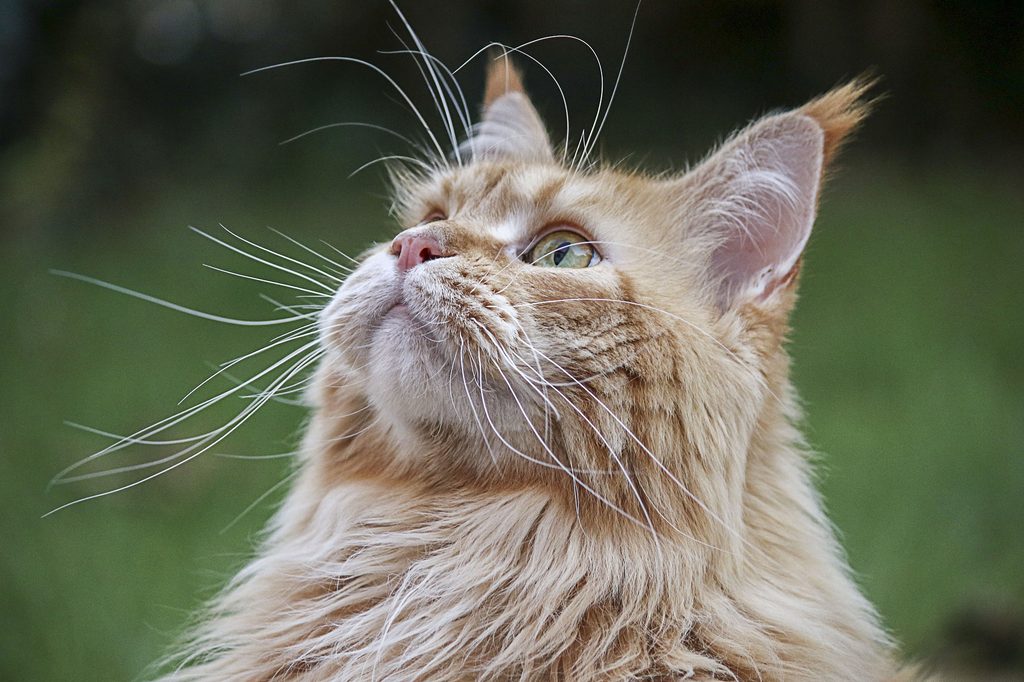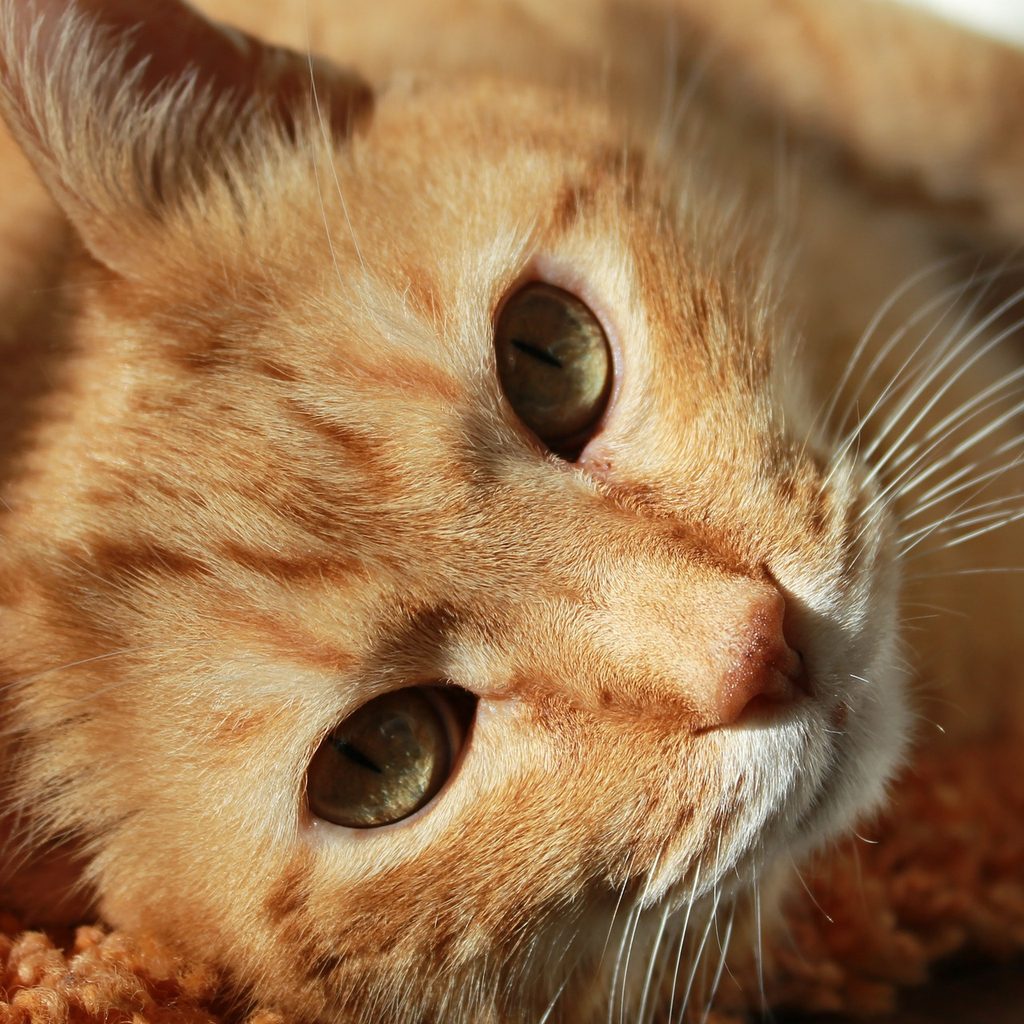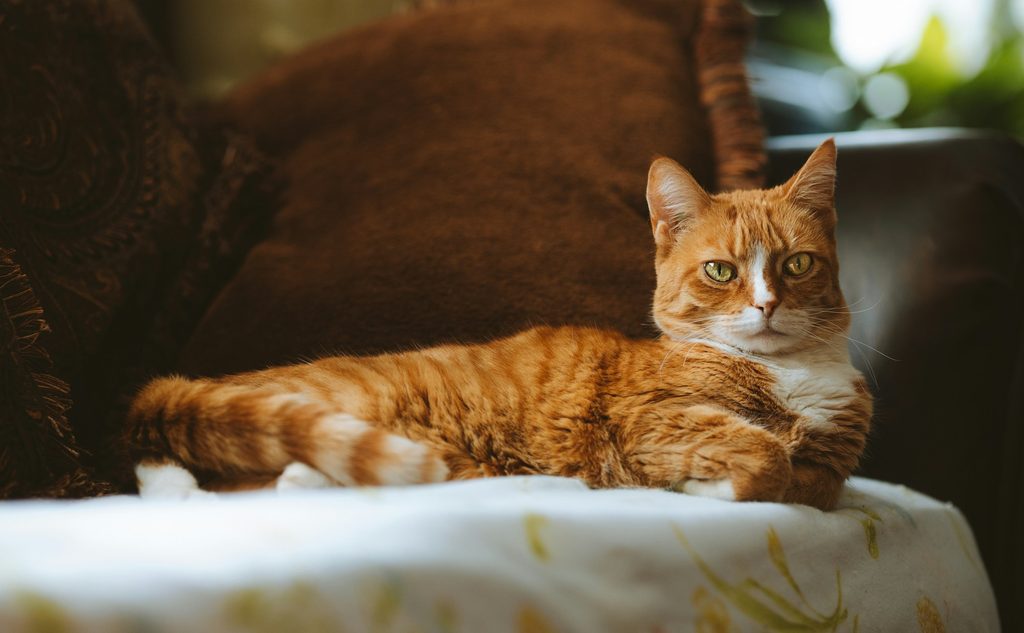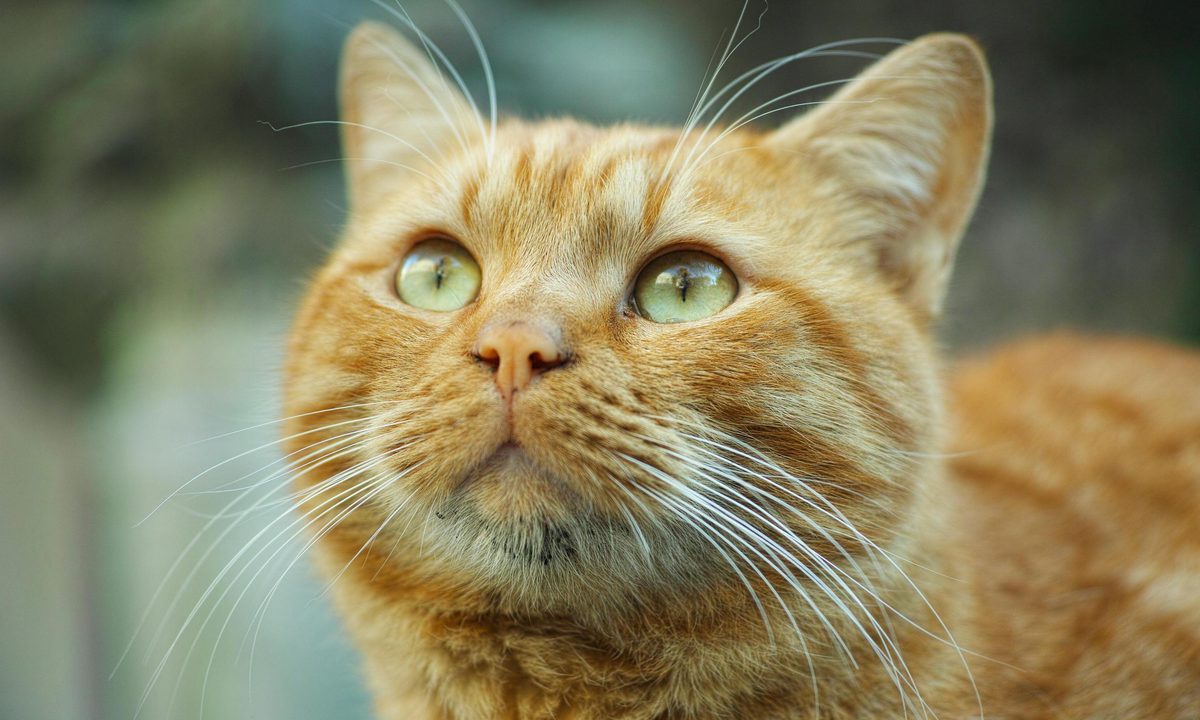Bringing home a new cat or kitten is a super exciting experience, but you’ll have to start making decisions right away. The very first thing you’ll need to do is give your new pal a name! Coming up with the perfect name for your cat can take some time, so don’t be afraid to get to know your new pet for a while before you decide on a name that truly fits him or her.
Brainstorming a list of names can help with the process, so we’ve included some great orange kitten names to help you get started. Each name is tied to your cat’s color, and you might decide that one is just right.
Classic orange cat names

If you find yourself wondering, “What should I name my orange cat?” — you’re in the right place. These cat names are purrfect for the fiery feline in your life, whether they’re a boy or a girl.
- Butterscotch
- Pumpkin
- Maple
- Apricot
- Honey
- Penny
- Marmalade
- Tangerine
- Nutmeg
- Dorito
- Tigger
- Caramel
- Rusty
- Clementine
- Nacho
- Sandy
- Autumn
- Cheddar
- Ginger
- Amber
- Peaches
- Nemo
- Chai
- Ember
- Mango
Male names for orange cats

This may sound random and unrelated, but be sure to visit the vet before giving your cat a name. It can be difficult to determine whether a cat is male or female, especially when a kitten is young, but an orange cat may already give you a clue.
Did you know that almost all orange cats are male? This is because the gene that gives a cat an orange coat is found on the X chromosome. Males have one X and one Y chromosome, so they only need to inherit one copy of this gene from their parents. Females have two X chromosomes; however, so they would need to inherit two copies of the same gene to have a visibly orange coat.
Knowing this, it’s not a bad idea to brainstorm a few more names for a male orange cat:
- Archie
- Blaze
- Butters
- Cheeto
- Chester
- Colby
- Fanta
- Garfield
- Gritty
- Hobbes
- Julius (short for Orange Julius)
- Kenny (for fans of South Park)
- Leo
- Macaroni or Mac
- Mufasa
- Pharaoh
- Phoenix
- Prince Harry (one of the most famous redheads in history)
- Queso
- Rio
- Simba
- Taco
- Tang
- Tiger
- Weasley (after everyone’s favorite redheaded family from the Harry Potter series)
How to choose the right name for your orange cat

There are a few important things to remember when choosing a name for your ginger cat. First, pick a name that doesn’t sound similar to the names of other people or pets in the home. This can help avoid confusion for everyone.
It’s a good idea to pick a name that’s easy to say. While you might prefer a more complicated, multi-syllable, “formal” name for your cat, try to think of a nickname that you and your family members can easily say. Try to choose a name that’s simple to remember, especially if you have young kids in the house who will need to learn the cat’s name, too. A shorter name can also be easier for your cat to learn!
Once you’ve decided on the right name for your cat, use it frequently to help him get used to it. Better yet, use positive rewards like treats, attention, and play when he begins to respond. Make sure that you also share the name with others who need to know it. Call your veterinarian and have them update their records with his new name. It’s also important to call your cat’s microchip company if he has one so they can update their records as well.
Additional tips for welcoming a cat into your home

Finding the perfect name for your new fur baby is just one part of welcoming him into your home. As your cat starts to get settled in, you might be tempted to spend lots of time with him and try to pet or interact with him, but that can actually contribute to your cat’s stress. Often, a cat will most appreciate being left alone in a quiet room during his first few days home. Explain this to your kids and ask the whole family to give him some space. This will also give you time to brainstorm the most fitting name for your new friend.
When your cat is feeling a little more confident, you can start spending some time in the room with him or letting him out to explore the rest of the house. Focus on your cat’s body language to understand how he’s feeling. A crouched body position, flicking tail, and wide eyes can all indicate that your cat is on high alert and isn’t yet feeling comfortable in his surroundings. Don’t try to approach him during these times — give him the distance he needs and keep other pets away from him so he can gradually build up his confidence.
As your cat begins to explore more, make sure that he has little spots of his own throughout the home. These spaces might include a window seat, a cat tree, or another perch that lets him watch the events in your home from a secure area. Remember that cats like to get up high and look down on others, so try to create places where your new cat can do that safely.
Concluding thoughts

There are many ways to help your recent addition settle in with your family, and that starts with finding him the perfect name. Discovering that name might take some time, but it’s worth being patient and persistent until the right name comes to you. Try to involve your friends and family in the process, and encourage everyone to share their name ideas.
If you make a big list of all of those names, you’ll quickly have plenty of options to choose from, and you can soon find the name that suits your orange cat perfectly. Congratulations on the addition of your new furry family member!




